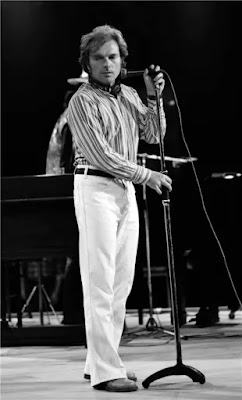Escrita por Ian Anderson, foi gravada em 1976 e lançada em 11 de fevereiro de 1977, no disco de mesmo nome, o décimo disco da banda. Sairia também em compacto, em 19 de maio de 1977, com Jack-in-the green como Lado B. Foi produzida por Ian Anderson. É uma das preferidas de Anderson. Foi inspirada em um livro de estórias inglês, de folclore e tradições rurais da Inglaterra. Fala das virtudes de se viver no campo e dos valores das pessoas de lá.
A letra:
Let
me bring you songs from the wood
To make you feel much better than
you could know
Dust you down from tip to toe
Show you how the
garden grows
Hold you steady as you go
Join the
chorus if you can
It'll make of you an honest man
Let me bring you love from the
field
Poppies red and roses filled with summer rain
To heal the
wound and still the pain
That threatens again and again
As you drag down every lovers'
lane
Life's long celebration's here
I'll toast you all in penny
cheer
Let me bring you all things
refined
Galliards and lute songs served in chilling ale
Greeting
well-met fellow, hail
I am the wind to fill your sail
I am the cross to take your nail
A
singer of these ageless times
With kitchen prose and gutter rhymes
Songs from the wood make you feel much
better
Songs from the wood make you feel much better
Songs from
the wood
Let me bring you love from the
field
Poppies red and roses filled with summer rain
To heal the
wound and still the pain
That threatens again and again
As you drag down every lovers'
lane
Life's long celebration's here
I'll toast you all in penny
cheer
Songs from the wood make you feel much
better
Songs from the wood make you feel much better
A versão do Jethro Tull:
A versão de Rea Meir:


















